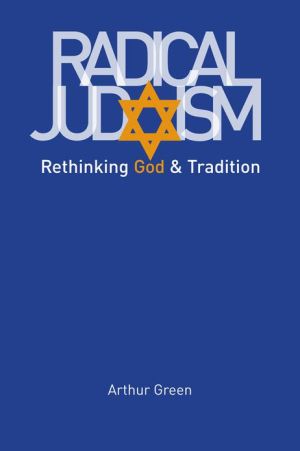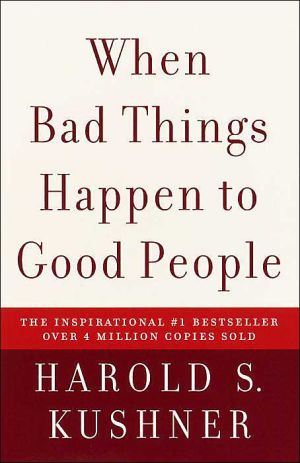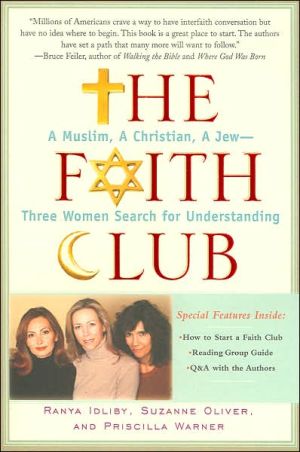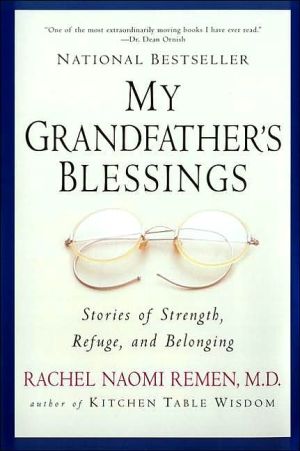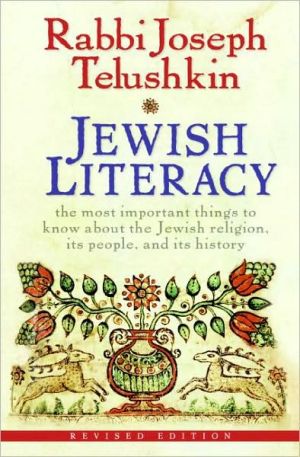Radical Judaism: Rethinking God and Tradition
How do we articulate a religious vision that embraces evolution? Is faith possible if we accept the human authorship of Scripture? In this highly unconventional theology, pathbreaking Jewish scholar Arthur Green, neither theist nor atheist, draws on the language of Kabbalah and Hasidism to argue that a neomystical perspective can help us to reframe these questions, so that our world may yet be viewed as a dwelling place of the sacred. In doing so, he rethinks what we mean by God, the origins...
Search in google:
How do we articulate a religious vision that embraces evolution and human authorship of Scripture? Drawing on the Jewish mystical traditions of Kabbalah and Hasidism, path-breaking Jewish scholar Arthur Green argues that a neomystical perspective can help us to reframe these realities, so they may yet be viewed as dwelling places of the sacred. In doing so, he rethinks such concepts as God, the origins and meaning of existence, human nature, and revelation to construct a new Judaism for the twenty-first century. Publishers Weekly On his first page, Green (Seek My Face, Speak My Name) states that this book is in large measure his response to a challenge to "write theology for theologians." Accordingly, what he has produced is largely incomprehensible to non-theologians. Using his expertise on Hasidism, Kabbalah, spirituality and Jewish mysticism, Green offers a perplexing interpretation of the concept of God, the existence of evil, and the purpose of human existence. From 1987 to 1993, Green, who describes himself as a "heterodox Jew," presided over the Reconstructionist Rabbinical College. He is now professor and rector of the non-denominational rabbinical program at Hebrew College in Newton, Mass. Although Green's achievements and publication list stamp him as a leading scholar, his new book largely fails to help general readers to comprehend the complicated ideas with which he wrestles. One exception to the generally unintelligible character of Green's presentation is his lucid discussion of the Ten Commandments, which, he asserts, should "stand as the basis of a reinvigorated Judaism." He also clearly advocates a two-state solution to the Palestinian-Israeli conflict, although he fails to relate that stance to the emphasis of his book. Copyright © Reed Business Information, a division of Reed Elsevier Inc. All rights reserved.
1 Y-H-W-H : God and being 162 Evolution continues : a Jewish history of "God" 343 Torah : word out of silence 794 Israel : being human, being Jewish 120Notes 167Glossary 191Index 195
\ Jewish Journal“Filled with interesting observations . . . deliberately provocative [and] accessibly written.”--Rabbi David Wolpe, Jewish Journal\ \ — Rabbi David Wolpe\ \ \ \ \ \ Jewish Book World“A brilliant, complex work . . . deeply satisfying . . . a welcome pushing of the boundaries by a master thinker.”--Jewish Book World\ \ \ \ The Forward“Rabbi Arthur Green . . . makes his clearest and boldest case yet . . . a valuable contribution . . . Green has now produced some of the best Jewish theology of our time.”--Jay Michaelson, The Forward\ \ — Jay Michaelson\ \ \ \ \ \ Publishers WeeklyOn his first page, Green (Seek My Face, Speak My Name) states that this book is in large measure his response to a challenge to "write theology for theologians." Accordingly, what he has produced is largely incomprehensible to non-theologians. Using his expertise on Hasidism, Kabbalah, spirituality and Jewish mysticism, Green offers a perplexing interpretation of the concept of God, the existence of evil, and the purpose of human existence. From 1987 to 1993, Green, who describes himself as a "heterodox Jew," presided over the Reconstructionist Rabbinical College. He is now professor and rector of the non-denominational rabbinical program at Hebrew College in Newton, Mass. Although Green's achievements and publication list stamp him as a leading scholar, his new book largely fails to help general readers to comprehend the complicated ideas with which he wrestles. One exception to the generally unintelligible character of Green's presentation is his lucid discussion of the Ten Commandments, which, he asserts, should "stand as the basis of a reinvigorated Judaism." He also clearly advocates a two-state solution to the Palestinian-Israeli conflict, although he fails to relate that stance to the emphasis of his book. \ Copyright © Reed Business Information, a division of Reed Elsevier Inc. All rights reserved.\ \
